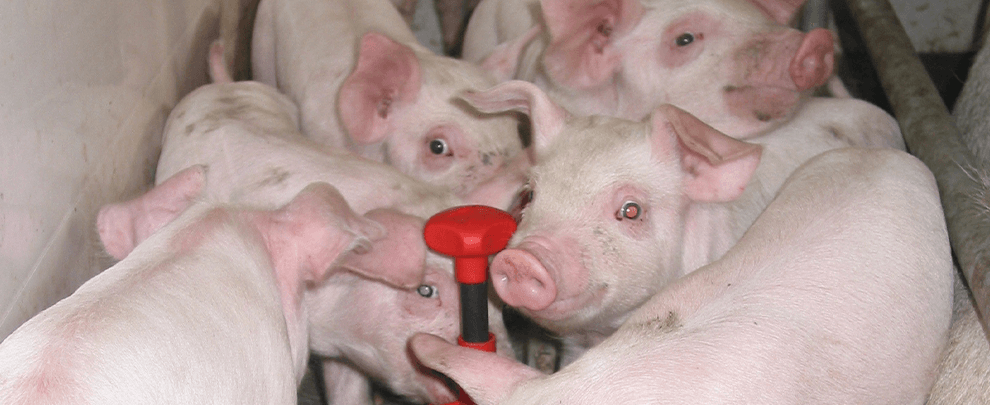Blog
Blog

What we have demonstred with the coronavirus crisis
16th June 2020 - News
Oscar Toledano. Marketing and BI Manager at Rotecna
In moments of crisis is when we bring out the best in ourselves, and also when we are forced to leave our comfort zone and enter the area of learning and growth. We can draw valuable lessons from some things that have happened during the first weeks of this terrible health crisis that we hope will change many people's opinion regarding our sector.
The sector has shown itself to be very supportive. Substantial financial donations have been made, large amounts of protection and disinfection materials, and meat products have been delivered free of charge, both to public administrations and to health centres, food banks, non-governmental organisations and other domains to help those who need it most in these difficult times.
Farms, transporters, industry and commerce have risen to the challenge to ensure that the meat supply chain does not stop. Once again, the extreme commitment and determination to move forward has been displayed even in such delicate, uncertain and complex circumstances.
Farms have quickly and efficiently taken the necessary steps to protect people's health. After all, they are experts in biosecurity. They know it is essential to guarantee animals' excellent sanitary status, they are used to strict access control, intensive hygiene and disinfection, the use of protective equipment and working in different shifts and areas. Well, if truth be told, social distancing and systematic temperature controls have been a novelty.
Veterinarians are experts in microbiology, epidemiology and immunology, specialised in managing the health of large population groups, not just individuals. Since Sars-CoV-2 is a disease of animal origin, many people have expressed surprise at the fact that the healthcare authorities did not have any veterinarian in the making of the technical-scientific committee that manages the crisis at a national level, a fact that exhibits a significant lack of knowledge about the potential, capacity and experience of these great professionals in the control of epidemics, especially since it is a zoonosis.
With the confinement, and the ensuing slowdown of industrial activity and urban traffic, the levels of environmental pollution and greenhouse gas emissions have decreased considerably, which should help corroborate to society, once and for all., that livestock is not the main responsible for pollution or climate change, as some are deceitfully trying to make us believe. We are a sustainable sector, but this does not exempt us from our commitment to reducing gas emissions, especially ammonia in the case of the pig sector.
The inability to travel and the prohibition of large concentrations of people have caused the cancellation or adjournment of many events and fairs. Videoconferences have increased, as have webinars and the dissemination of content through digital media. In the future, we will continue to use these communication tools because they are instrumental, efficient and economical. But as soon as possible, we will meet face to face again. We know how important human contact is; we are a modern sector but focused on people.
A few days before the crisis began, farmers and breeders across the country protested demanding fairer prices for their products. This crisis has highlighted the importance of having a reliable goods supply. Society should do everything possible to protect and promote the primary sector. During these days, we have become aware of the strength of our food distribution chain, and we hope that the general public will also realise the need for a robust production system that allows farmers to make a living from their work.
On the other hand, it could be hazardous for a small business oligopoly to control protein production worldwide. With that of animal origin, this is impossible, because its production is linked to the territory and very widespread. Still, it could happen with the creation of synthetic or ultra-processed meat of plant origin, since its yield is in the hands of a few companies.At the same time, we trust that the intensive production systems will cease to be demonised, which with their effectiveness, efficiency and reliability, have guaranteed the food supply, even in times of high demand, with hoarding incidents such as those we have experienced. They are essential and besides, perfectly compatible with the extensive and ecological ones. These models need to coexist and complement each other to cover different niche markets.
We hope that all of this helps consumers to finally value the people who produce their food and to stop echoing those who describe us as animal abusers and significant environment polluters. We want the metropolitan world to get to know the rural world better and to become aware of how competent the professionals that make up the primary sector are. And if one could wish, we would like for some of them to decide to come live among us and thus partake of a more peaceful life in a place where time is measured on a more humanistic scale, and the lifestyle tempo is still set by the seasons of the year.






